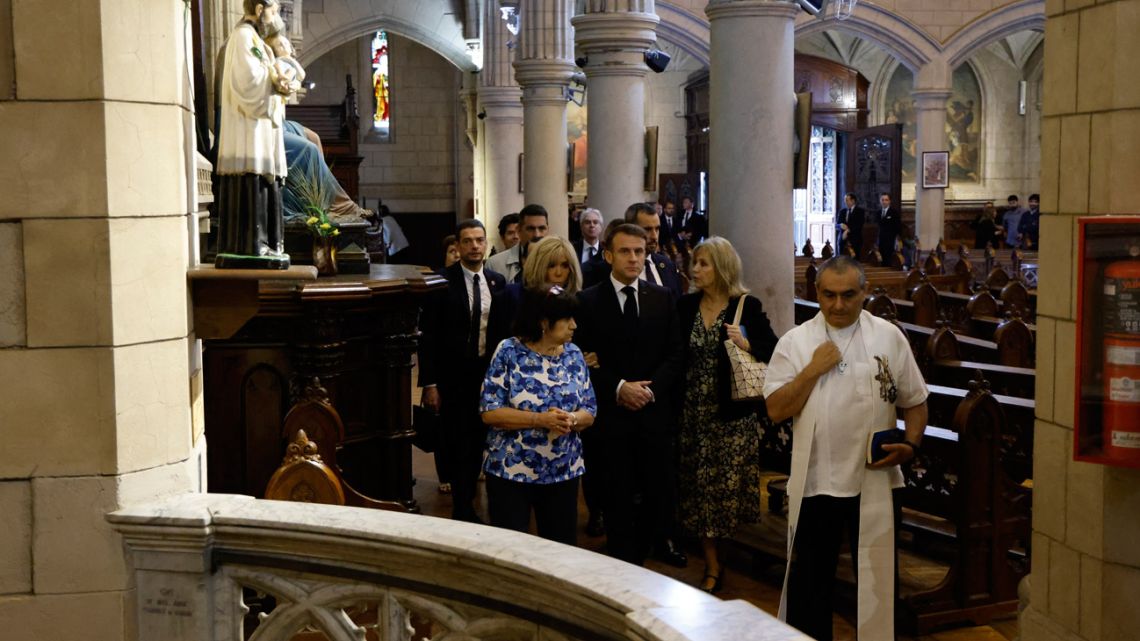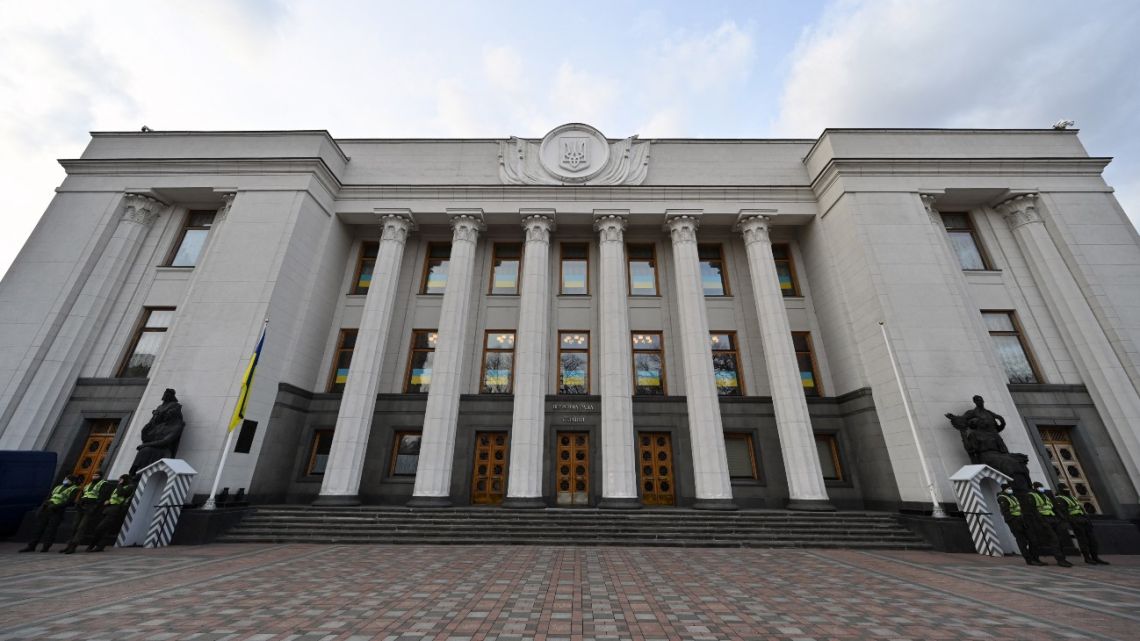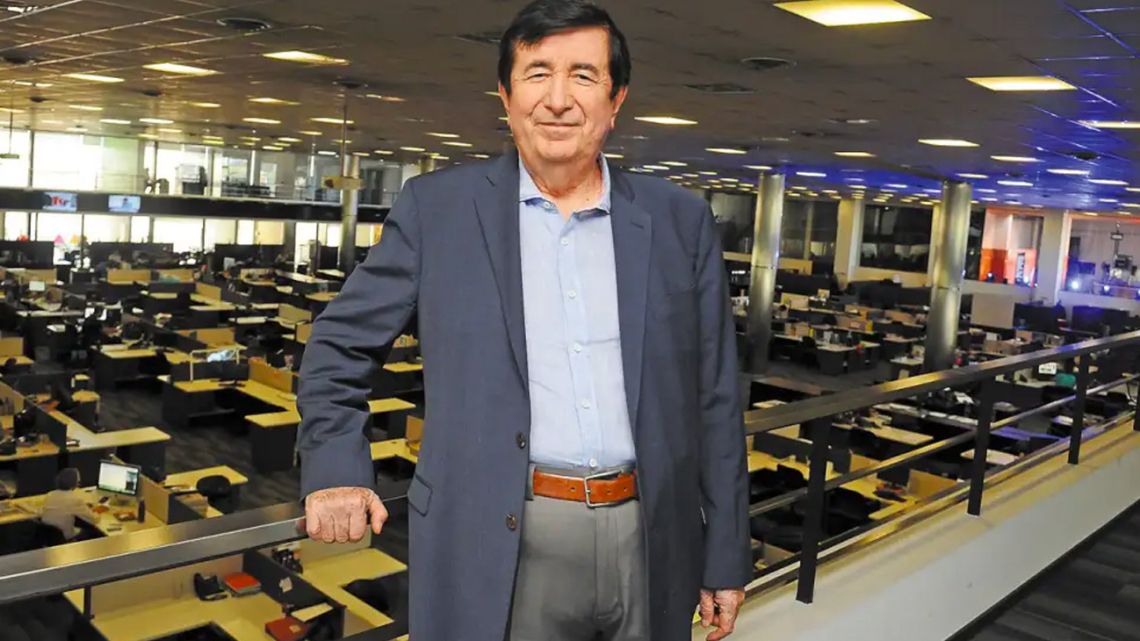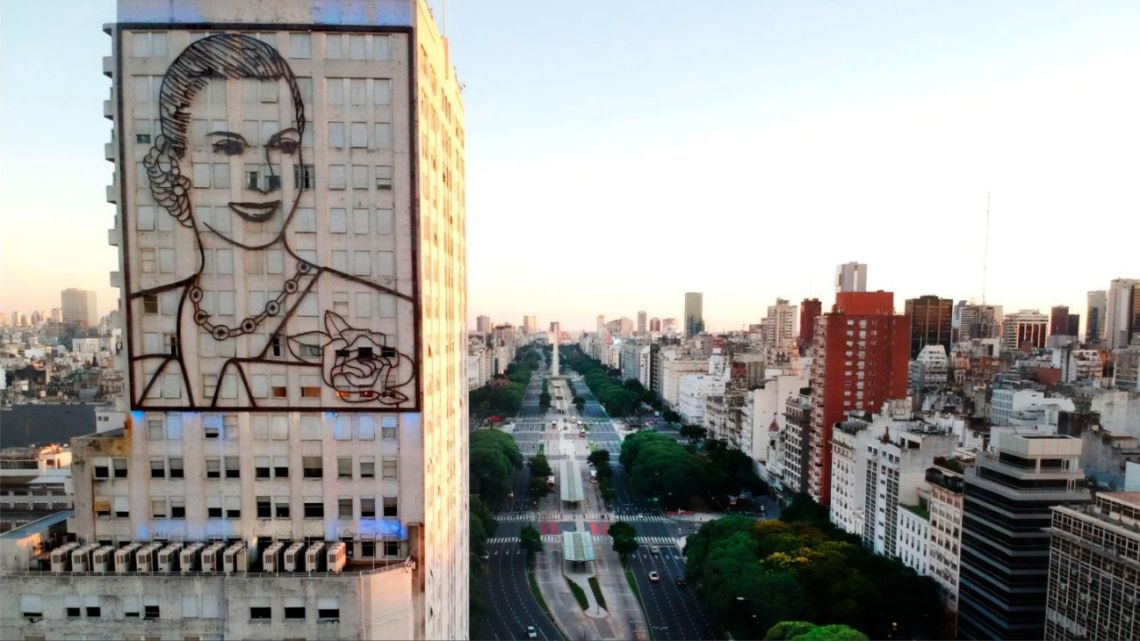Uruguayans go to the polls Sunday with the leftist Frente Amplio alliance of celebrated ex-president José 'Pepe' Mujica hoping to reclaim the country's top job five years after a right-wing victory based on concerns over crime and taxes.
Former history teacher Yamandú Orsi of the leftist Frente Amplio will go head-to-head with ex-veterinarian Álvaro Delgado of the Partido Nacional, a member of outgoing President Luis Lacalle Pou's centre-right Coalición Republicana.
Orsi, 57, is seen as the understudy of 89-year-old Mujica, a former leftist guerrilla lionised as "the world's poorest president" during his 2010-2015 rule because of his modest lifestyle.
The Canelones-born politician garnered 43.9 percent of the October 27 first-round vote – short of the 50-percent cut-off to avoid a run-off but ahead of the 26.7 percent of ballots cast for Delgado, 55.
The pair came out tops from a crowded field of 11 candidates seeking to replace Lacalle Pou, who has a high approval rating but is barred constitutionally from seeking a second consecutive term.
Polls point to a tight race Sunday, with Orsi only marginally ahead in stated voter intention in South America's second-smallest country.
Other parties within the ruling Coalición Republicana have since thrown their support behind Delgado, boosting his numbers.
"Conditions are in place for us to take charge... to make the changes the country needs," Orsi told a closing campaign rally Wednesday.
Delgado, for his part, told supporters Uruguay was better off today thanks to the Republican Coalition in charge, adding: "I am prepared" to lead.
Liberal mould-breaker
A victory for Orsi would see Uruguay swing left again after five years of conservative rule in the country of 3.4 million inhabitants.
The Frente Amplio coalition broke a decades-long conservative stranglehold with an election victory in 2005, and held the presidency for three straight terms.
It was voted out in 2020 on the back of concerns about rising crime blamed on high taxes and a surge in cocaine trafficking through the port of Montevideo.
Polling numbers show perceived insecurity remains Uruguayans' top concern five years later.
The first round of voting was accompanied by a referendum in which Uruguayans were asked whether police should be allowed to carry out night-time raids on homes as part of the fight against drug-trafficking. The initiative failed.
Voting is compulsory in Uruguay, one of Latin America's most stable democracies which boasts comparatively high per-capita income and low poverty levels.
During the heyday of leftist rule, Uruguay legalised abortion and same-sex marriage, became the first Latin American country to ban smoking in public places and the world's first nation, in 2013, to allow recreational cannabis use.
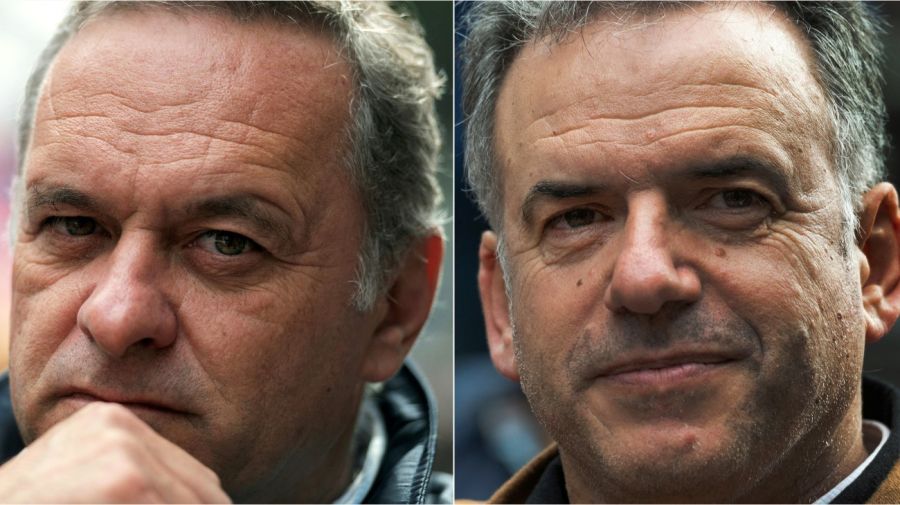
Teacher vs veterinarian: Uruguay's presidential front-runners
A history teacher and a veterinarian will vie Sunday for the presidency of Uruguay.
Pepe's heir apparent
Yamandú Orsi, 57, garnered nearly 44 percent of ballots cast in the first election round on October 27 and holds a small lead in opinion polls ahead of Sunday's decisive vote.
Orsi was born in a house in the countryside with no electricity.
He grew up in the town of Canelones, of which he later became mayor.
As a child, he helped out in his parents' grocery store and was a folk dancer and a Catholic altar boy.
In 1989, he joined the Movimiento de Participación Popular (MPP), founded by Mujica, which later became part of the Frente Amplio coalition.
Orsi taught history in high school until 2005, when he entered local government.
He handily won the Frente Amplio primary in June, defeating former Montevideo mayor Carolina Cosse, whom he then chose as his running-mate.
The twice-married educator, who has 11-year-old twins, campaigned as a moderate with a down-to-earth approach.
But his failure to set out a clear plan for government drew criticism. He also declined to take part in debates and gave few media interviews.
President's right-hand man
Delgado was just days into his new job as secretary of the presidency under longtime friend, Lacalle Pou, when the Covid-19 pandemic hit Uruguay in 2020.
Being government spokesman during the crisis allowed him to build his public profile.
Born in Montevideo, Delgado was educated in Catholic schools before getting a veterinary degree.
He entered politics after having run an agricultural business and working as a veterinary advisor.
Prior to serving in the Lacalle Pou administration, he also worked as a labor inspector, a member of parliament representing Montevideo, and a senator.
He is the married father of three adult children.
Delgado has said he is happier roaming the countryside on horseback than lounging around Uruguay's ritzy seaside resorts.
During the campaign, the National Party candidate was branded a "caveman" and described as "vulgar" on social media for calling his running mate, former union activist Valeria Ripoll, a "hottie."
Delgado called his remark a "mistake" and an "unfortunate joke."
Like Orsi with Mujica, he has benefitted from his close association with Lacalle Pou, who has an approval rating of 50 percent.



